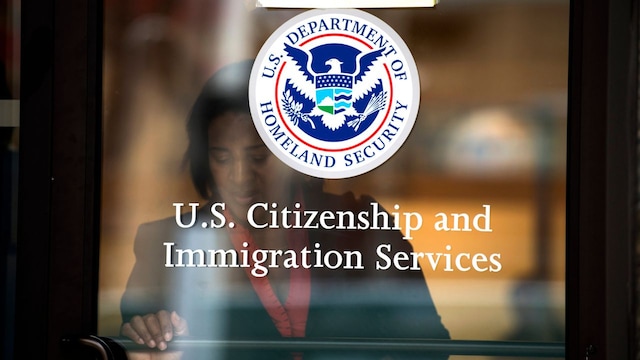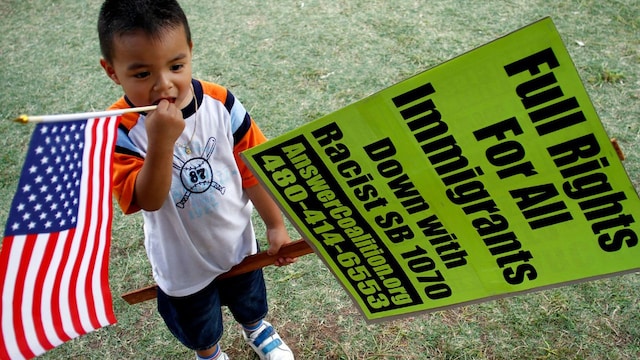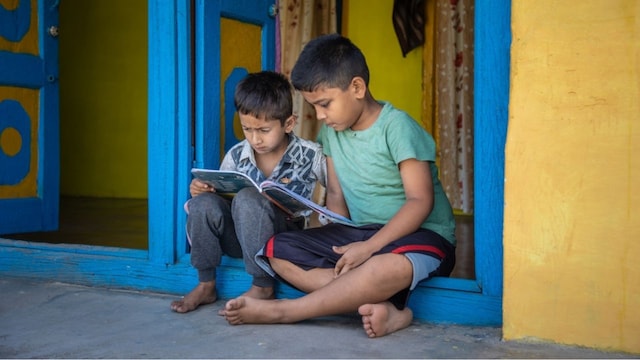
 1 / 6
1 / 6President-elect Donald Trump has vowed to immediately crack down on immigration and announced his intention to eliminate automatic citizenship for children born to immigrants. (Image: REUTERS)

 2 / 6
2 / 6The 14th Amendment guarantees citizenship to anyone born on US soil, a right that legal scholars affirm the president cannot overturn. Former President Trump has claimed he would try to reverse this guarantee, falsely stating that the US is the only country with unrestricted birthright citizenship. In reality, 35 nations also grant similar rights. (Image: REUTERS)

 3 / 6
3 / 6The unrestricted birthright citizenship, known as 'Jus Soli', is the legal principle that grants citizenship to individuals born within a country's territory, regardless of their parent's nationality. At present, there are 33 countries in the world that employ this principle. (Image: REUTERS)

 4 / 6
4 / 6Birthright citizenship is common in North and South America, rooted in colonial policies encouraging settlement. Most nations with this policy exclude children of diplomats. Some countries, like Luxembourg and Chad, grant citizenship by birth only in specific cases, such as when the child is orphaned. (Image: REUTERS)

 5 / 6
5 / 6The debate is between Jus Soli and Jus Sanguinis. The latter determines citizenship by descent, wherein citizenship is granted if one or both of the person's parents are citizens of the country, even if the person is born outside its borders. (Image: REUTERS)

 6 / 6
6 / 6In India, birthright citizenship can be obtained if one parent is a citizen and the other is either a citizen or a legal migrant (as of 2020). Same applies to children born in India to foreign nationals.
